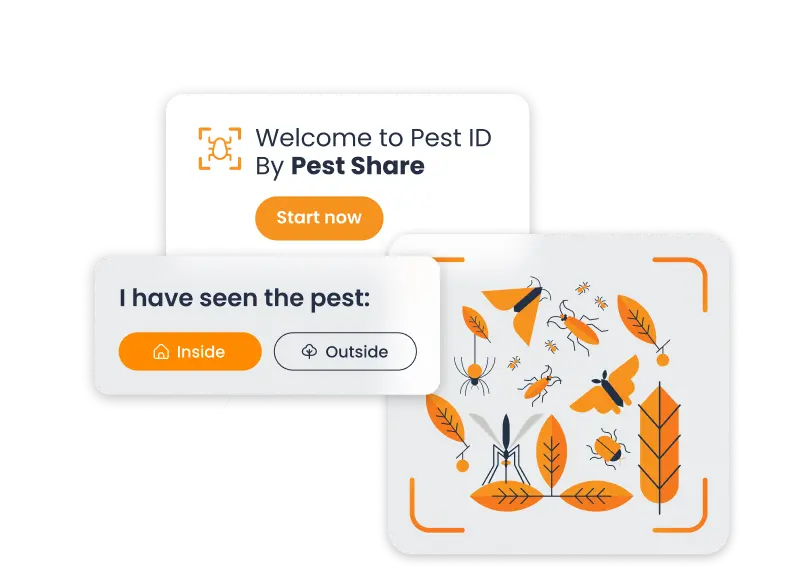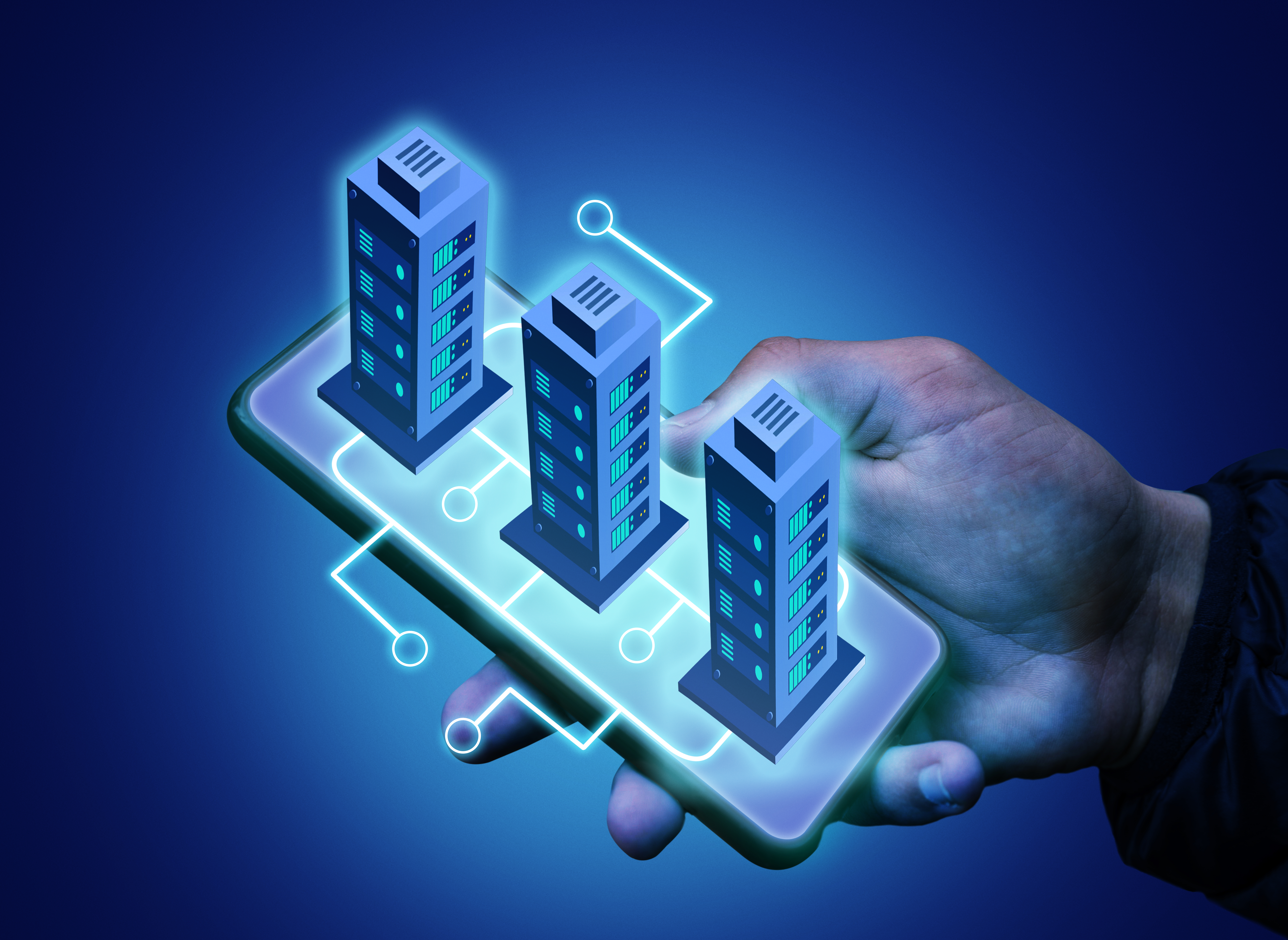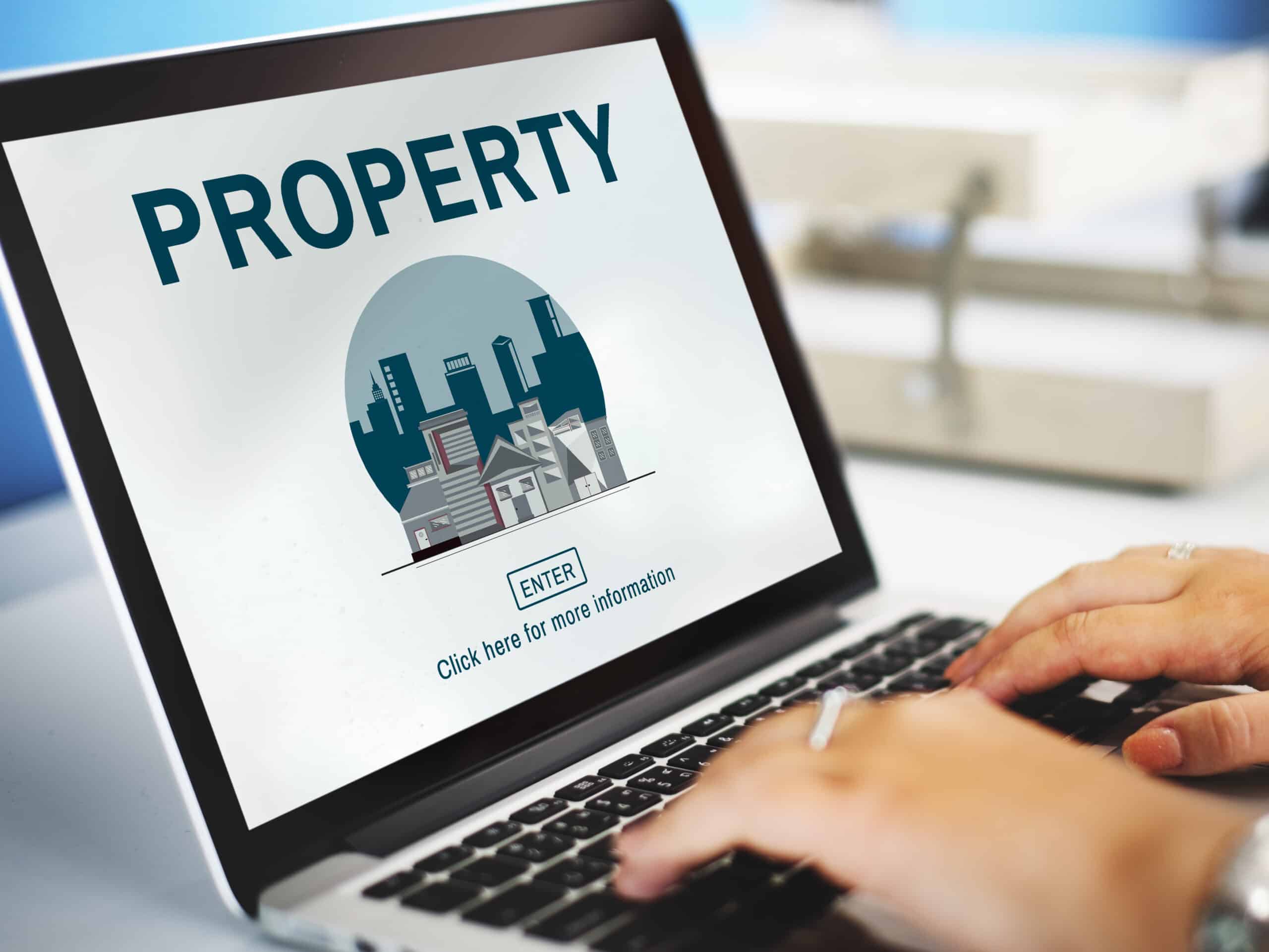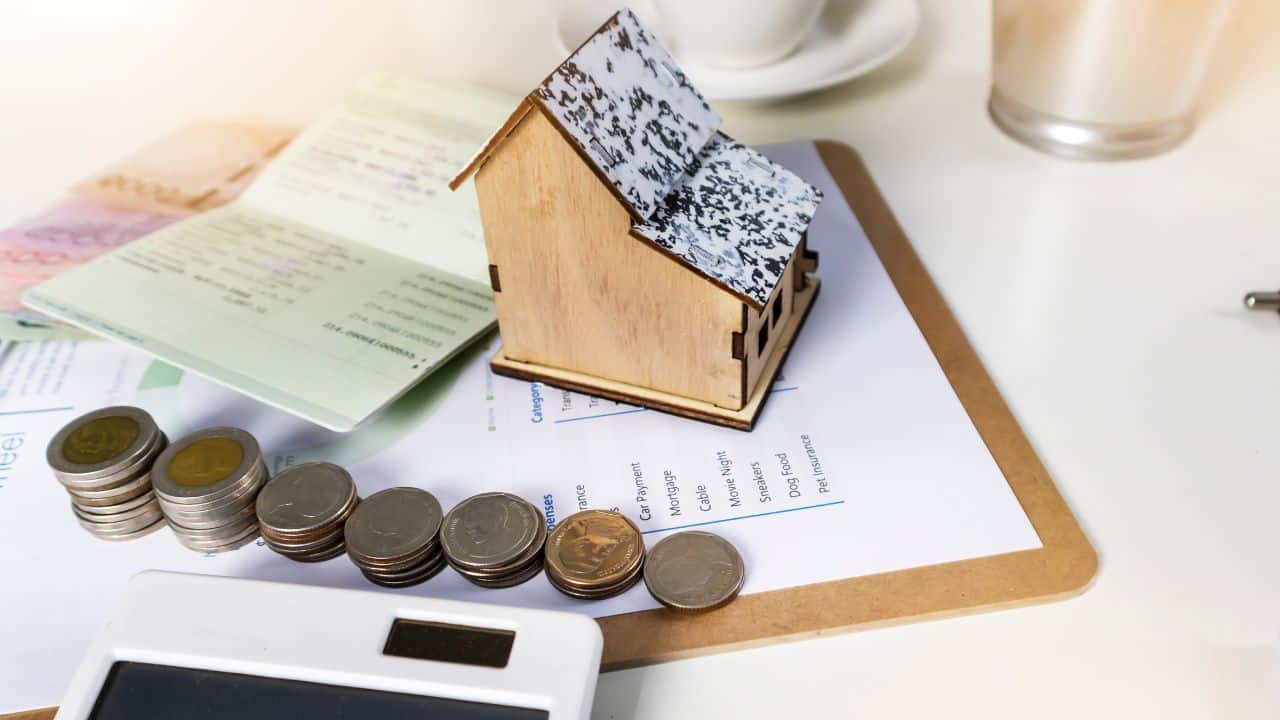Imagine running your property management tasks with a few clicks on your phone or computer.
This is the promise of digital property management. In the fast-paced world of real estate, technology is transforming how we handle everything from maintenance requests to tenant communications. Embracing these digital solutions can make property management more efficient, boost tenant satisfaction, and save money. In this guide, we’ll explore what digital property management is, its benefits, and how you can start using these tools.
Understanding Digital Property Management
Digital property management is about using technology to manage properties more effectively. This involves everything from collecting rent online to using software for maintenance schedules. It’s a shift from the old paper-based systems to modern, tech-driven solutions. The key components of digital property management systems include online platforms for communication, automated tools for routine tasks, and cloud-based systems that allow access to information from anywhere.
One main advantage of digital property management is the ability to streamline operations. Instead of juggling paperwork and phone calls, property managers can handle tasks through a single platform. This means faster response times for tenants and less time spent on administrative duties. Technology also offers better data tracking, helping managers keep tabs on rent payments, maintenance issues, and other important metrics.

Smarter Pest Control, Fewer Headaches.
Benefits of Digital Property Management Solutions
One of the biggest benefits of digital property management is increased efficiency. With automated systems, tasks that used to take hours can be done in minutes. For instance, rent collection can be automated, reducing the need for property managers to chase down payments. Maintenance requests can be logged online and automatically assigned to the appropriate staff, ensuring quick resolution of issues. This not only saves time but also reduces errors.
Enhanced tenant satisfaction is another major advantage. When tenants can pay rent online, request maintenance through an app, and get quick responses to their queries, they are more likely to be happy with their living situation. Happy tenants are more likely to stay longer, reducing turnover rates and saving money on finding new tenants.
Cost savings come from multiple sources. Digital property management tools often reduce the need for physical office space and supplies. They also minimize the time and effort required for administrative tasks, allowing property managers to focus on more strategic activities. Additionally, having a streamlined system helps in identifying and addressing issues before they become costly problems.
Key Features of Digital Property Management Tools
When we talk about digital property management, it’s important to understand the tools that make it possible. These tools come with several key features that make managing properties a breeze.
First, let’s talk about automated property management. Automation helps streamline repetitive tasks. For example, rent reminders can be sent automatically, and lease renewals can be managed without constant manual input. This not only saves time but also reduces the chance of errors.
Next up are online property management systems. These platforms allow property managers to handle everything from tenant applications to maintenance requests in one place. Tenants can log into these systems to pay rent, submit service requests, or even communicate with management. This centralized system ensures that nothing falls through the cracks.
Then we have cloud-based property management platforms. These platforms store all your data in the cloud, meaning you can access it from anywhere. Whether you’re at the office, at home, or on vacation, you can check in on your properties with ease. Plus, cloud-based systems are often more secure than traditional paper records, reducing the risk of losing important information.
Implementing Digital Property Management Systems
Switching to a digital property management system might seem overwhelming, but it’s simpler than you might think. Here are some steps to help you get started.
First, assess your current systems and identify what you need. Do you need help with rent collection, maintenance tracking, or tenant communication? Knowing your needs will help you choose the right digital tools.
Next, choose a digital property management system that fits your needs. Look for features that address your specific pain points. Many systems offer free trials, so take advantage of those to see which one works best for you.
Once you’ve chosen a system, it’s time to implement it. This involves setting up the software, migrating any existing data, and training your staff. The good news is that most digital property management tools are user-friendly and come with customer support to help you through the setup process.
Training is a crucial step. Make sure everyone on your team knows how to use the new system. This might involve formal training sessions or just a few hours of hands-on practice. The goal is to ensure that everyone is comfortable with the new tools and can use them effectively.
Finally, provide ongoing support. Even the best systems can run into issues, so make sure your team knows where to go for help. Regular check-ins can also help address any problems early on and ensure that the system is being used to its full potential.
Challenges and Solutions
Adopting digital property management systems can come with challenges, but there are solutions to help you overcome them.
One common challenge is resistance to change. People are often comfortable with their current methods and might be hesitant to switch to a new system. The key here is communication. Explain the benefits of the new system and how it will make their jobs easier. Offering proper training can also help ease the transition.
Another challenge is the initial cost. While there might be an upfront investment, digital property management tools can save money in the long run. By reducing administrative tasks and improving efficiency, these tools can help cut costs and increase profitability over time.
Data security is another concern. Storing information online can feel risky, but reputable digital property management systems have robust security measures in place. Make sure to choose a system with strong encryption and regular security updates to keep your data safe.
Technical issues can also be a hurdle. Sometimes, software can have bugs or glitches. Having a reliable customer support team is essential. Choose a system with good reviews for customer service and ensure your team knows how to get help when needed.
Future Trends in Digital Property Management
Looking ahead, the future of digital property management is bright. New technologies are constantly emerging, offering even more ways to make property management easier and more efficient. Here are a few trends to watch out for.
Artificial Intelligence (AI) is set to play a big role. AI can help with predictive maintenance, identifying potential issues before they become big problems. For example, AI can analyze data from sensors in a building to predict when equipment might fail, allowing for timely repairs. This proactive approach can save money and reduce downtime.
Virtual and Augmented Reality (VR and AR) are also making waves. These technologies can provide virtual tours of properties, making it easier for potential tenants to view spaces without physically being there. AR can help with maintenance too, providing technicians with detailed, interactive guides to fix problems quickly.
Blockchain technology is another trend to watch. It offers a secure and transparent way to handle transactions, such as lease agreements and payments. Blockchain can reduce fraud and make the process more efficient by providing a clear, tamper-proof record.
The Internet of Things (IoT) is also transforming property management. IoT devices, like smart thermostats and security systems, can be controlled remotely and provide real-time data. This helps property managers monitor and manage properties more effectively, improving efficiency and tenant satisfaction.
As these technologies evolve, property managers who embrace them will stay ahead of the curve, offering better services to their tenants and owners.
Digital property management is the future. By adopting these tools, you can make your job easier, keep your tenants happy, and save money. The shift might seem challenging at first, but the benefits are worth it.
Start exploring digital solutions today and see how they can transform your property management experience. Ready to make the change? Dive into the world of digital property management and enjoy the future of real estate.






